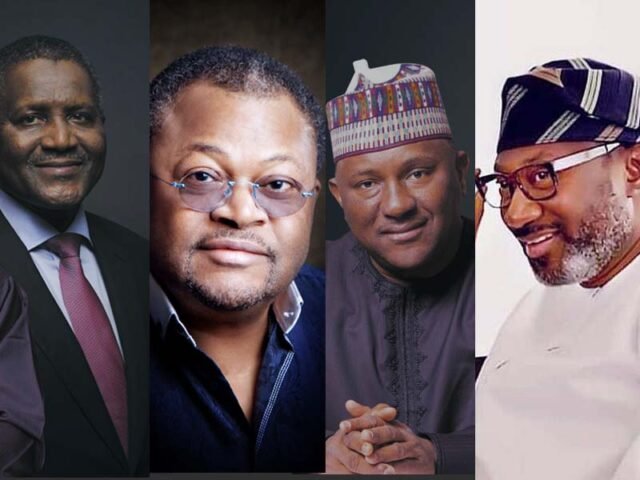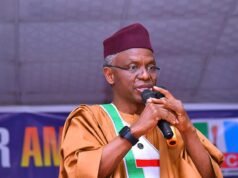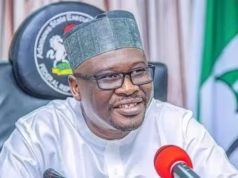Wealth in Nigeria wears many colours. Sometimes it is loud, with luxury cars, sprawling mansions and splashy philanthropy; other times it is quiet, tucked behind boardroom doors and offshore investments. Among the Richest Yoruba Individuals in Nigeria, a handful of men and women have risen to the top of this wealth pyramid — not only as billionaires, but also as builders of industries, employers of labour and cultural influencers.
From Mike Adenuga, whose Globacom reshaped telecoms, to Folorunsho Alakija, who moved from fashion into oil and became a global symbol of female entrepreneurship, to Tope Awotona, the Lagos-born tech founder behind Calendly — these individuals embody different paths to wealth. Their stories reveal much more than net worth; they tell us how vision, persistence, and sometimes sheer audacity can transform lives and communities.
The 11 richest Yoruba individuals in Nigeria are not a monolithic group. Some inherited solid foundations and scaled them into modern conglomerates, while others started small and bet on opportunities when the economy was volatile. What binds them together is not just their money but the ripple effect of their success: companies employing thousands, investments spurring growth, and philanthropy reaching into education, health and culture.
Table of Contents
A note on methodology
Compiling a list like this is not as simple as adding up bank balances. Net worth figures for Nigerian and African business leaders are notoriously difficult to pin down. Currencies fluctuate, private companies do not always disclose financials, and valuations of tech startups can change overnight. For this reason, we relied on a blend of credible international sources such as Forbes, Bloomberg and the Financial Times; respected Nigerian outlets and official company filings where available. Instead of obsessing over exact dollar amounts, we focus here on the scale of influence, business reach and sustained relevance of these Yoruba wealth leaders.
11 Richest Yoruba Individuals in Nigeria
1. Mike Adenuga — the quietly dominant telecom and oil magnate
Mike Adenuga is a textbook example of low-profile, high-impact entrepreneurship. Born in Ibadan and educated overseas, he built a business empire around Conoil (oil) and Globacom (telecom), the latter famously challenging incumbents and expanding into West Africa. Adenuga’s style is understated: he rarely courts the spotlight, but his companies reach millions and his investments move markets. Forbes lists him among Nigeria’s wealthiest, and his long game — stakes in telecom, oil and banking — explains why many still cite him as one of the biggest single fortunes to come out of the South West.
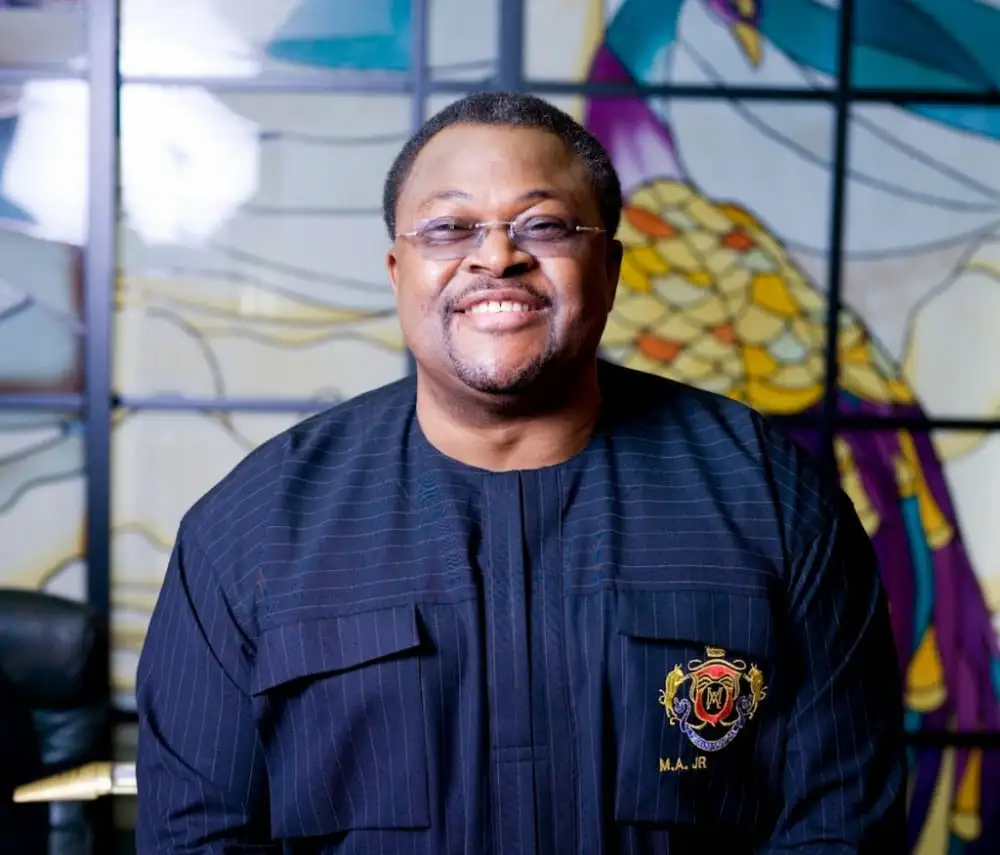
2. Tope (Tope) Awotona — the Lagos-born tech founder now on the global stage
Tope Awotona’s journey from Lagos to the helm of Calendly is proof that a tech idea executed well opens borders. Born in Lagos and now based in the US, Awotona bootstrapped Calendly before taking major investment that valued the company in the billions. He represents a new category of Yoruba wealth: the global tech founder whose assets are largely tied to startup valuations rather than Nigerian real estate or oil. For many young Nigerians, he is now the emblem of possibility in tech.
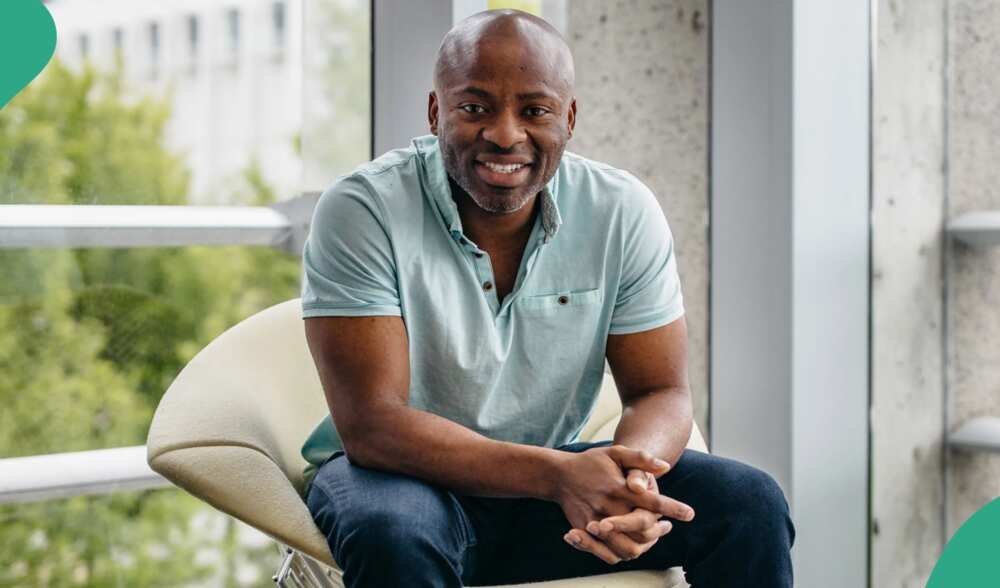
3. Femi Otedola — energy, trading and the art of smart exits
Femi Otedola made his name in commodities trading and later in oil and power. He’s perhaps best known locally for his role with Forte Oil (now a transformed investment story) and for large equity positions in energy ventures and power assets. Otedola mixes bold public moves (not least high-profile investments and philanthropic moments) with periodic strategic exits; that pattern is how his wealth has moved across business cycles. Forbes and other business profiles provide a steady view of his public stakes and valuations.

4. Folorunsho Alakija — from fashion to oil and enduring philanthropy
Folorunsho (often written Folorunso) Alakija’s life reads like an entrepreneurial manual: design school, a fashion label, then a hard-won foothold in oil that multiplied her wealth and turned her into one of Africa’s most famous female billionaires. Alakija’s Famfa Oil interests and property portfolio are widely reported; beyond the numbers, she is also known for sustained philanthropy and women-centred programmes. Her story matters because it mixes creative industry beginnings with the resource economy that defines much of Nigeria’s modern wealth. Forbes
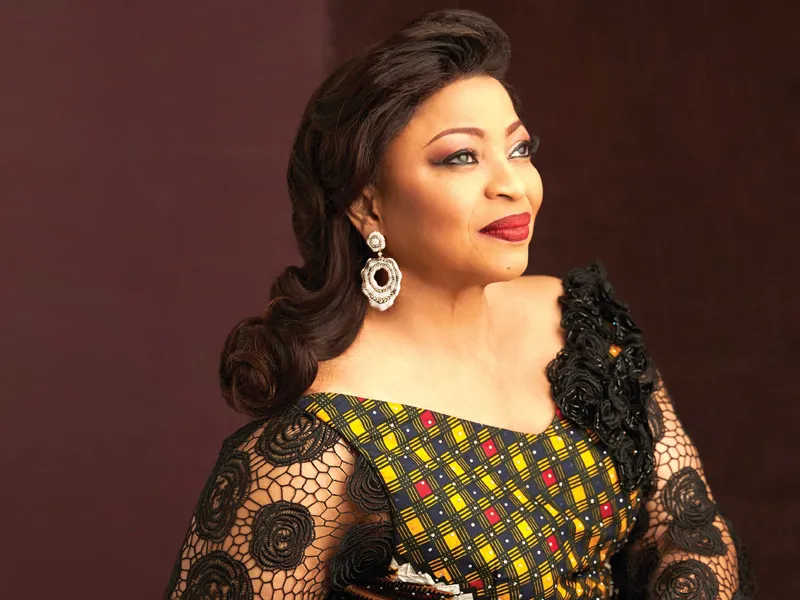
5. Wale (Jubril Adewale) Tinubu — energy executive with a political family tie
Jubril Adewale “Wale” Tinubu, Group Chief Executive of Oando PLC, is a Lagos-born energy executive who grew Oando from a downstream marketer into a vertically integrated local champion. He counts as one of the wealthier members of the Yoruba business class — his wealth is tied to equity in Oando and affiliated energy holdings. He’s also notable because of family ties that place him in a politically visible clan that mixes business capital with social influence. Sources on his career and Oando’s performance give the clearest picture of his public profile.
6. Oba Otudeko — old-school industrialist and conglomerate chair
Oba Otudeko’s Honeywell Group has been a staple of the Nigerian industry for decades. Born of Yoruba royal stock and schooled abroad, Otudeko moved through banking into manufacturing and diversified holdings. While his public-facing wealth has not always kept pace with more headline-grabbing tech founders, his influence across food, property and finance gives him a place on every reckoning of established Yoruba business wealth.
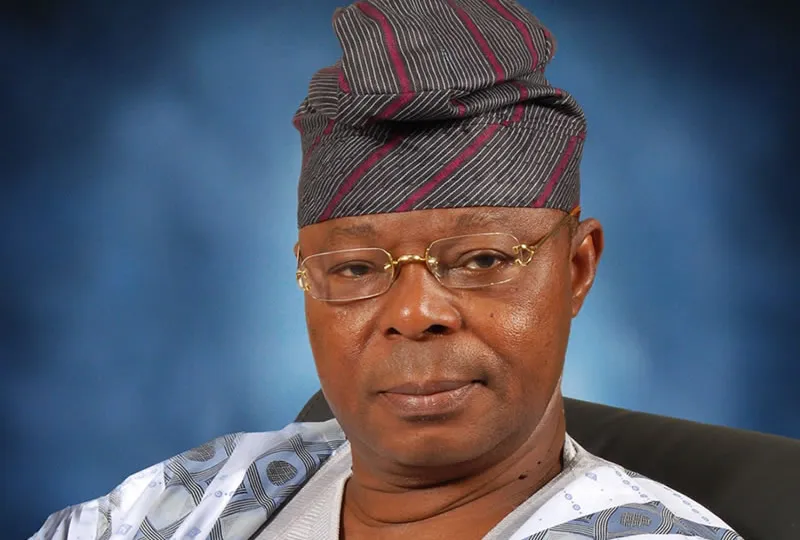
7. Razaq (Razak) Okoya — mass-market manufacturing and brand longevity
Chief Razaq Okoya is the man behind Eleganza — a durable local manufacturing story that sells appliances and household goods across West Africa. There’s something quietly Nigerian about Okoya’s path: he went into import substitution and made local manufacture pay. He is frequently included on lists of wealthy Yoruba industrialists because his business is an everyday brand in homes across the region. His Forbes/Wikipedia entries and long local coverage detail a life spent building a blue-collar industrial champion.
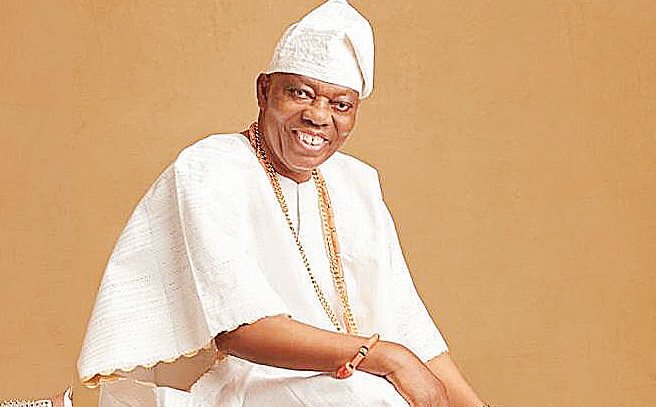
8. Tunde Folawiyo — shipping, energy and generational growth
Tunde Folawiyo stewards the Yinka Folawiyo Group, a multigenerational concern with interests in shipping, energy and real estate. Part of a storied Lagos business family, Tunde occupies the classic place among Yoruba tycoons who translated family enterprise into modern conglomerate holdings. Forbes and business profiles from previous rich lists capture his recurring presence among the continent’s wealthier businesspeople.
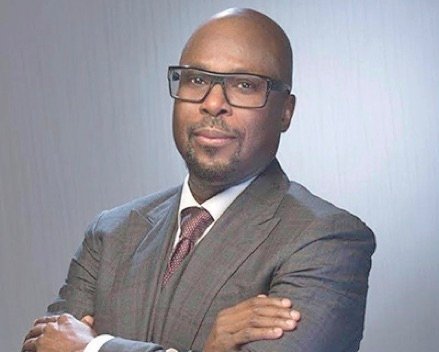
9. Segun Agbaje — banking’s new-era builder
Segun Agbaje made his mark as the executive who turned Guaranty Trust (GT) into a technology-forward bank. Although Agbaje’s personal net worth is smaller than the billionaires above, his leadership of one of Nigeria’s most valuable banking groups — and GTCO’s market moves — have put him on many lists of Nigeria’s most influential and wealthy Yorubas. Recent coverage of GTCO’s strategic moves, including a planned secondary listing, outlines both corporate and personal stakes.
10. Dele Fajemirokun — an investor’s investor with diversified stakes
Chief Dele Fajemirokun belongs to a generation of Yoruba investors who diversified early into insurance, telecommunications and fast-moving consumer goods. Often described in local business pages as a major shareholder and boardroom presence (with brands such as AIICO Insurance and other holdings mentioned), Fajemirokun represents an older-style route to wealth: deep boardrooms, quiet investments and steady family capital accumulation. Local business outlets and investor round-ups provide the clearest picture.
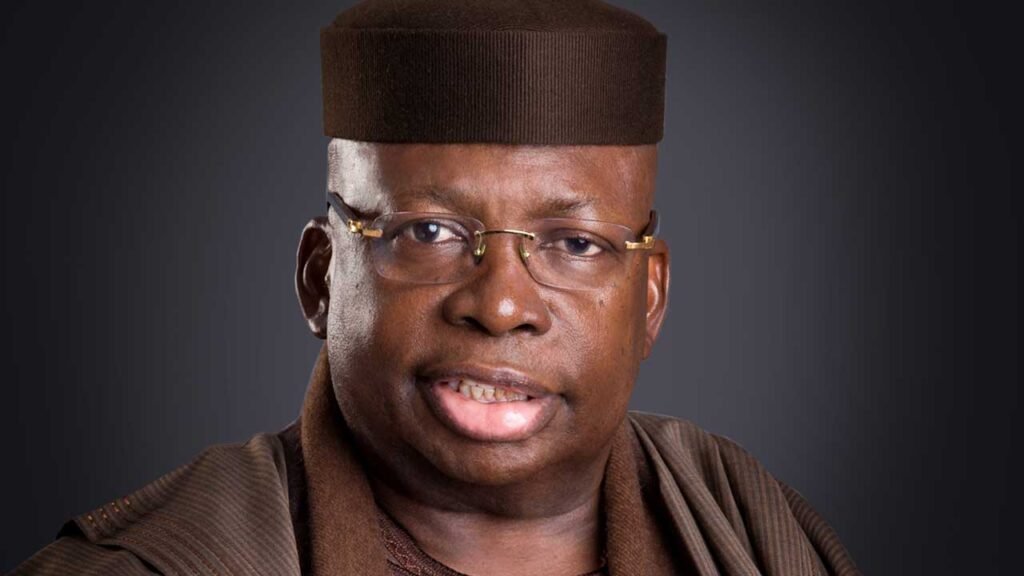
11. Bola Akindele — technology, outsourcing and the new service economy
Adebola (Bola) Akindele of Courteville Business Solutions is an example of how the digital and services economy creates modern Yoruba wealth. Courteville’s operations — business process outsourcing, e-government services and payments infrastructure — put Akindele in a contemporary class of executives whose companies earn from contracts and digital platforms rather than natural resources. Profiles and company pages show a CEO who has parlayed technical know-how into market capitalisation.
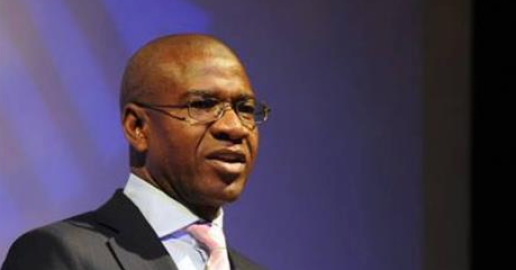
What this list means (and what it doesn’t)
First, this is not a Forbes-style ranking with exact net worths down to the dollar — those numbers move every minute when markets, currency rates and private valuations change. Instead, this is a curated list of eleven widely recognised wealthy Yoruba individuals whose business activities have measurable national or international heft. Some (Adenuga, Otedola, Alakija) are long-established and appear on global billionaire lists; others (Awotona, Agbaje, Akindele) represent the contemporary contours of wealth: tech founders, digital platform leaders and bank builders.
Second, Yoruba wealth is not monolithic. For decades, the typical path to fortune in the South West ran through trade, manufacturing and oil. Today, we also see global tech exits, platform valuations and service-based revenues. That shift matters — it means next decade’s richest lists could look quite different if more Nigerian founders follow Awotona’s playbook and build globally valued firms.
Third, influence matters as much as bank balances. Several names here carry social capital — philanthropic foundations, university endowments, cultural projects and political ties. Those parts of their legacy often outlast short-term market movements and, in many ways, make their fortunes more visible at the community level.
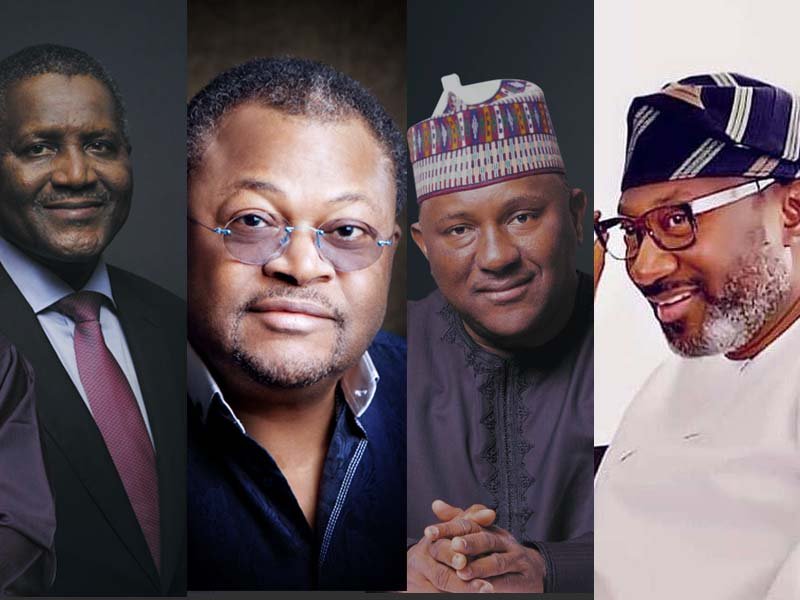
A short, practical takeaway for young Yorubas chasing wealth
- Diversify learning and revenue streams. The old playbook of trading or one sector still works — but the new advantage is combining sector know-how with technology (see Akindele and Awotona).
- Be patient with capital. A few of these stories are overnight sensations. Many are decades of reinvestment, reinvention and quiet boardroom muscle.
- Build institutions, not just brands. The difference between a rich owner and a lasting dynasty is the institution: factories that keep producing, teams that survive succession, and governance that outlives a founder.
Join Our Social Media Channels:
WhatsApp: NaijaEyes
Facebook: NaijaEyes
Twitter: NaijaEyes
Instagram: NaijaEyes
TikTok: NaijaEyes


